

Story HALEY MORELAND
Photos by ASHA BLAKE
Tribune-Review
Aug. 25, 2023
The latest in a decades-old movement among those in the Black community to embrace natural hair reached the halls of state government last month when the House of Representatives passed its version of the CROWN Act.
The proposed law — CROWN stands for Creating a Respectful and Open World for Natural hair — prohibits race-based hair discrimination in the workplace and public schools.
Twenty-three states have passed the CROWN Act into law, and Pittsburgh and Philadelphia have passed separate CROWN Act ordinances.
Historically, Black hair has been viewed as a “distraction,” and some students have either been forced to cut their hair or receive a suspension or other penalty.
In 2018, Andrew Johnson, a Buena Regional High School junior at the time, received two options on what to do with his hair during a wrestling match. Cut it off or forfeit his match. Johnson chose the former.
“There are still far too many cases of Black employees and applicants denied employment or promotion — even terminated — because of the way they choose to wear their hair,” former California State Sen. Holly J. Mitchell in a 2019. “I have heard far too many reports of black Children humiliated and sent home from school because their natural hair was deemed unruly or a distraction to others.”
The natural hair movement dates at least to the 1960s.
“Our hair is beautiful, and I hope that we don’t allow anyone to tell us differently,” said Anthony Jones, chief diversity officer at Slippery Rock University. “Our hair has power. Our hair has history.”
Today, the natural hair movement is widespread. Black hair communities are prevalent on social media, and more individuals are getting involved in opening shops to help Black people love their hair.
Joe Patterson, owner of JP’s Barbershop in Bridgeville, opened the only Black barbershop in the area four years ago. “When I cut other people’s hair, I like the feeling of confidence that they gain,” Patterson said.
Another owner, Monica Tillman-Smith, created Salon XO PGH in Pittsburgh. Customers there can get styles such as box braids, wash n gos and curly cuts. “Seeing clients light up when they see what their hair is capable of makes me feel good,” Tillman-Smith said.
Robin Brooks, an associate professor of Africana Studies at the University of Pittsburgh, said she manipulated her natural hair pattern when she was younger. Despite growing up in a predominantly black neighborhood, she utilized chemical relaxers on her hair until she was in college. That’s when she said she had a “spiritual awakening” and decided to wear her hair naturally curly, she said.
“It wasn’t necessarily linked to beauty,” Brooks said.
She said hair can be linked to spirituality for everybody, no matter their background. If you look at hair in other cultures, she said, some people choose to shave their heads in the name of spirituality.
She called it “the tying of the physical to the spiritual.”
Although many Black people have pride in their natural hair, Brooks said, there is also beauty in those who choose to remove their curls. “It’s their right to do that,” she said. “It’s truly up to you, how you want to look, how you want to feel.”
Tribune-Review summer intern Asha Blake fanned out across the region to capture images of various Black hairstyles. Here is that gallery:

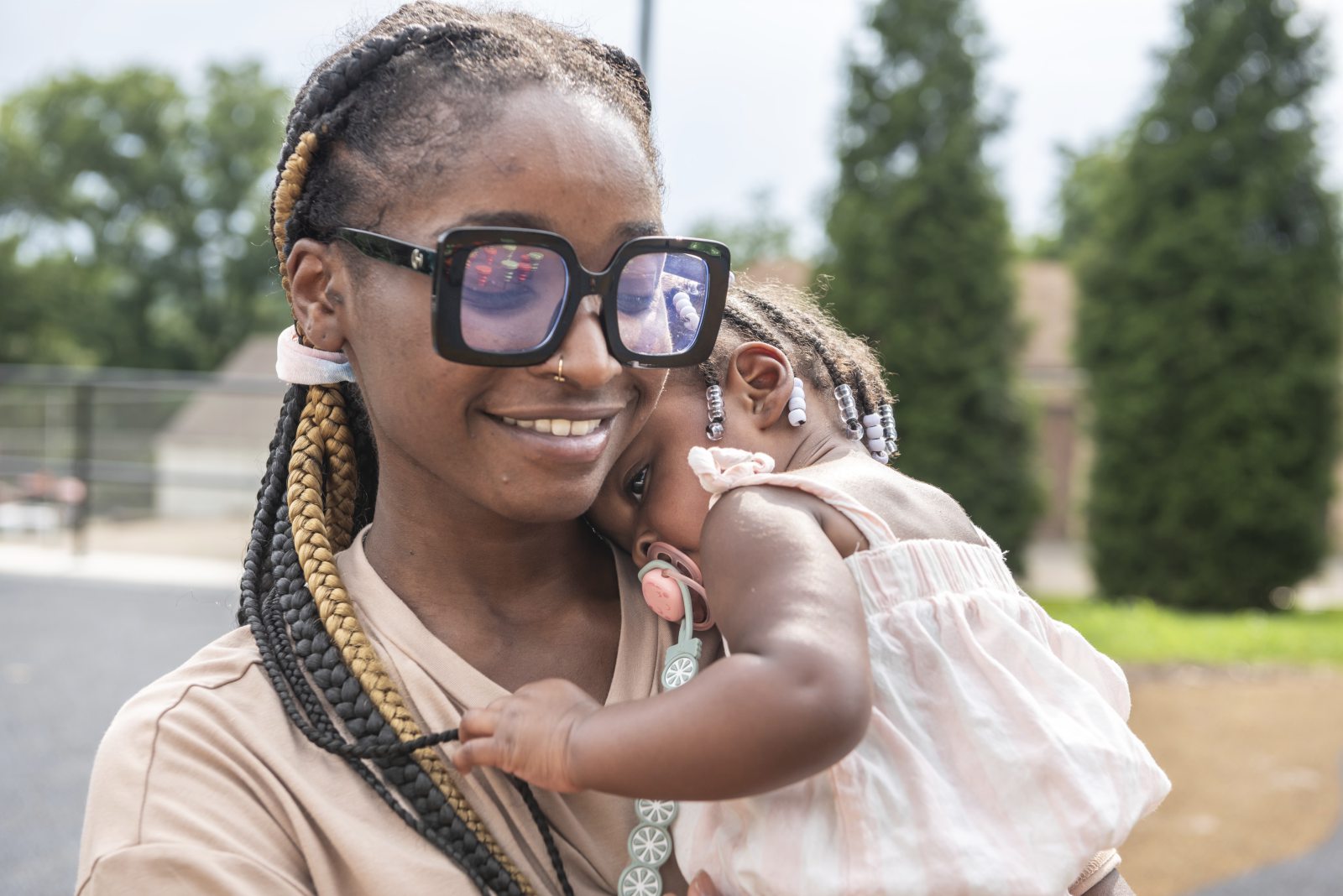

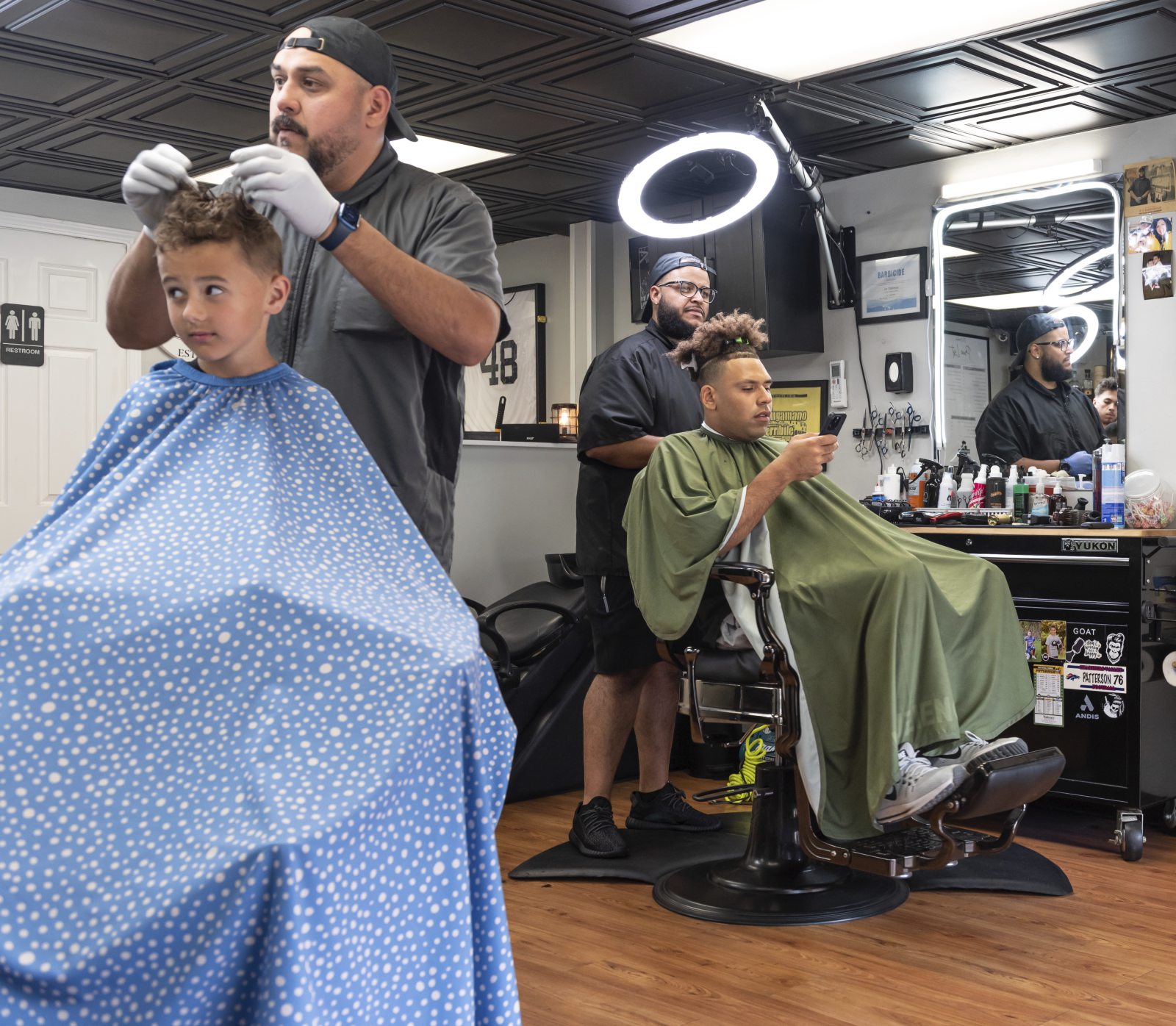
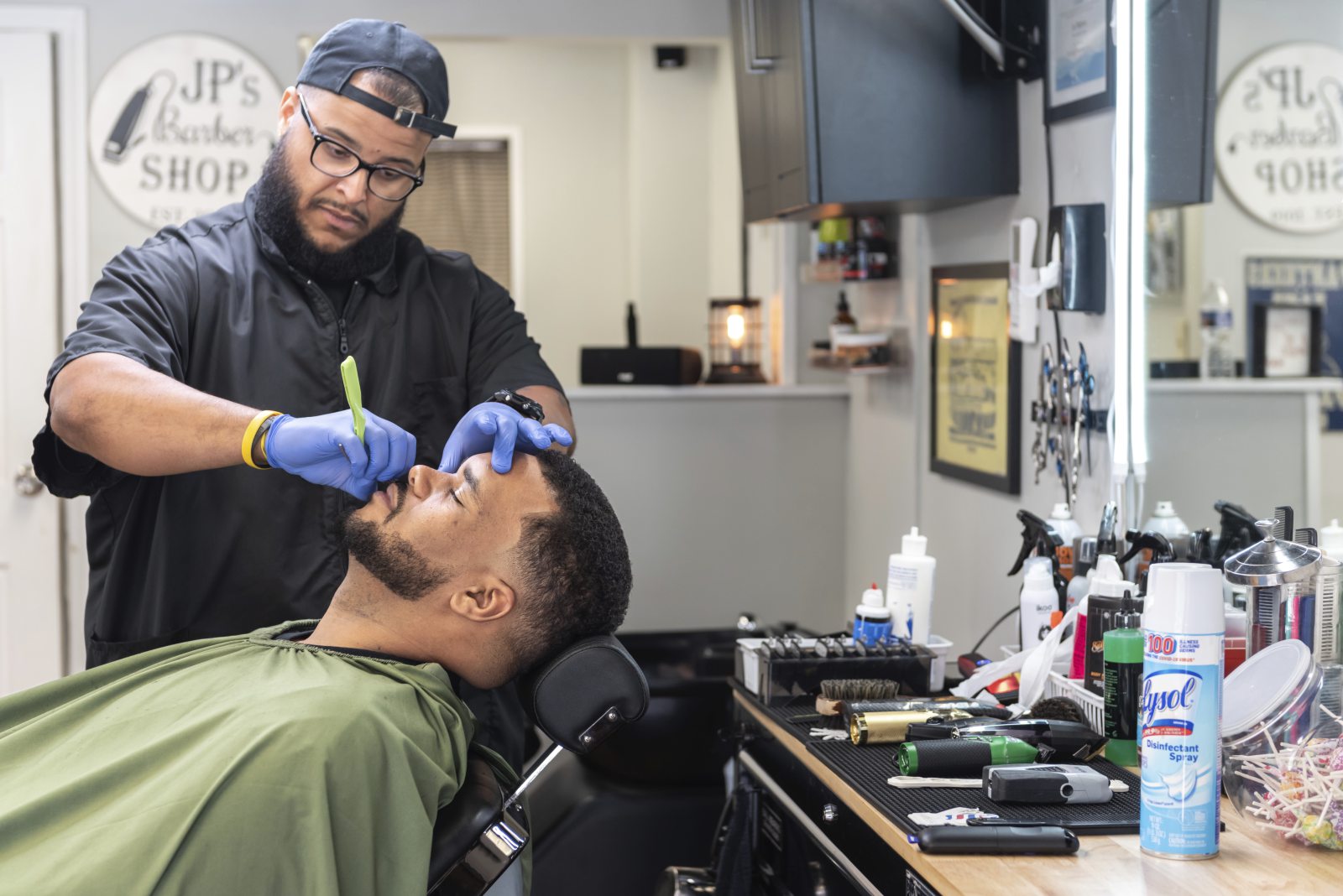

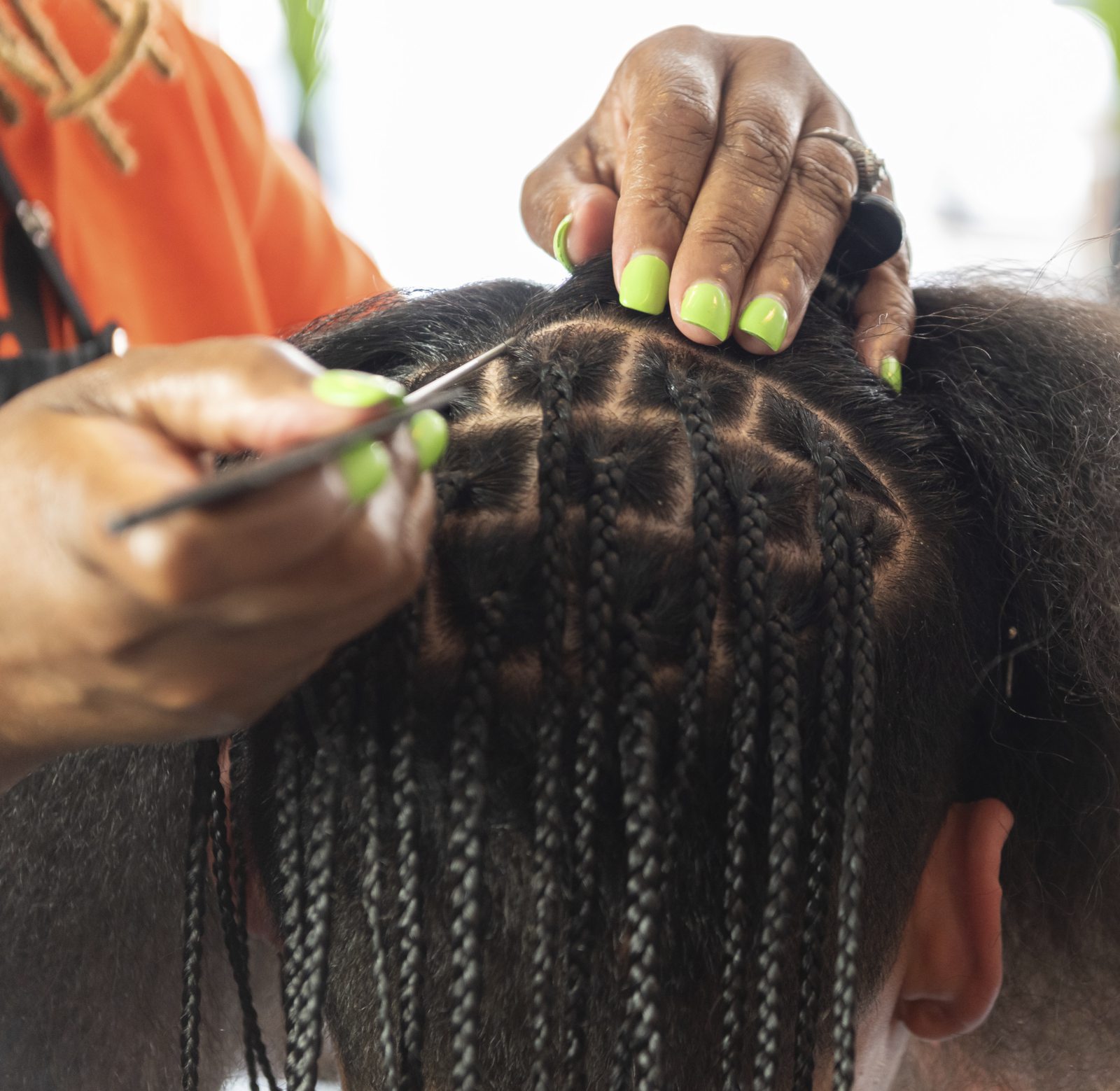
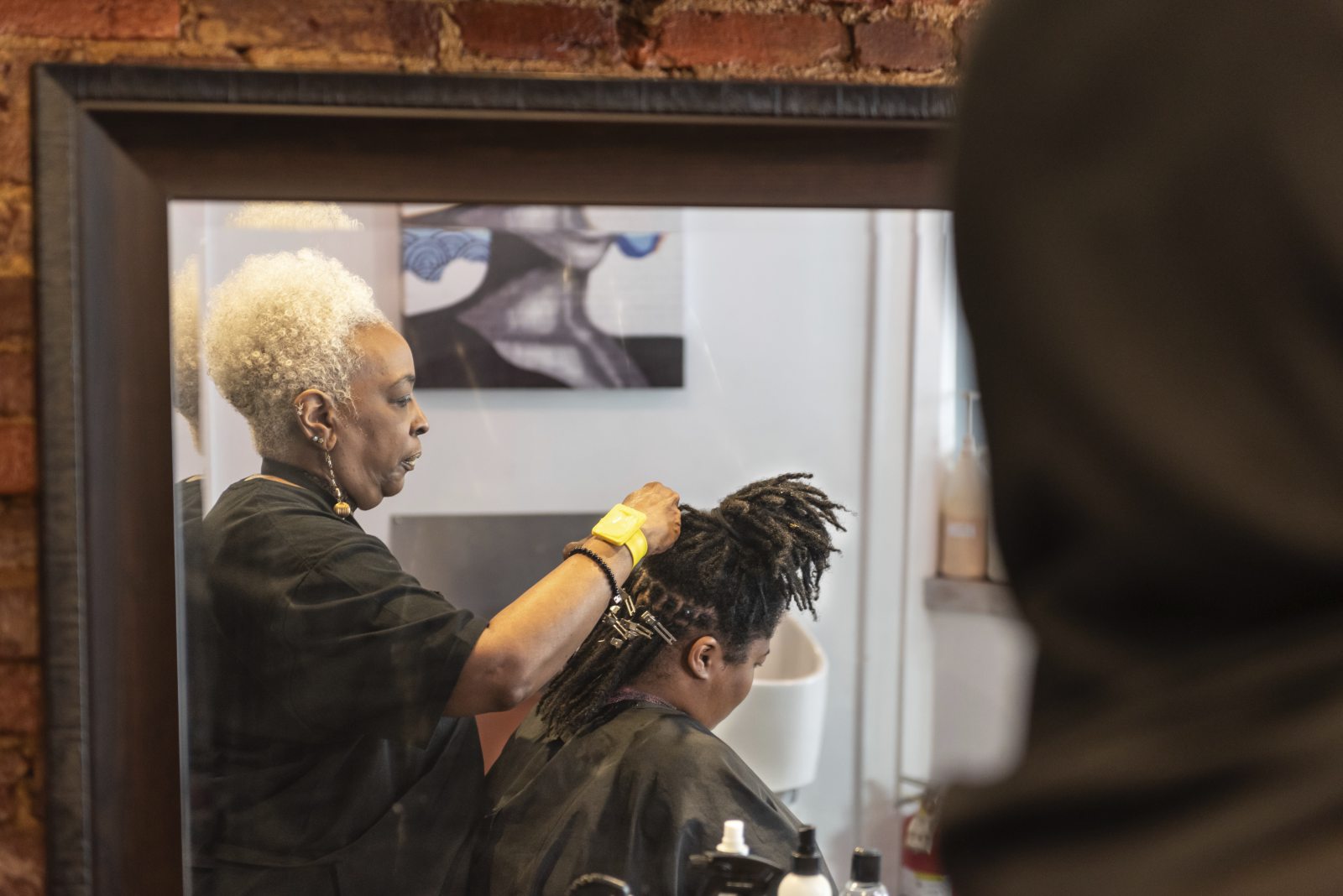
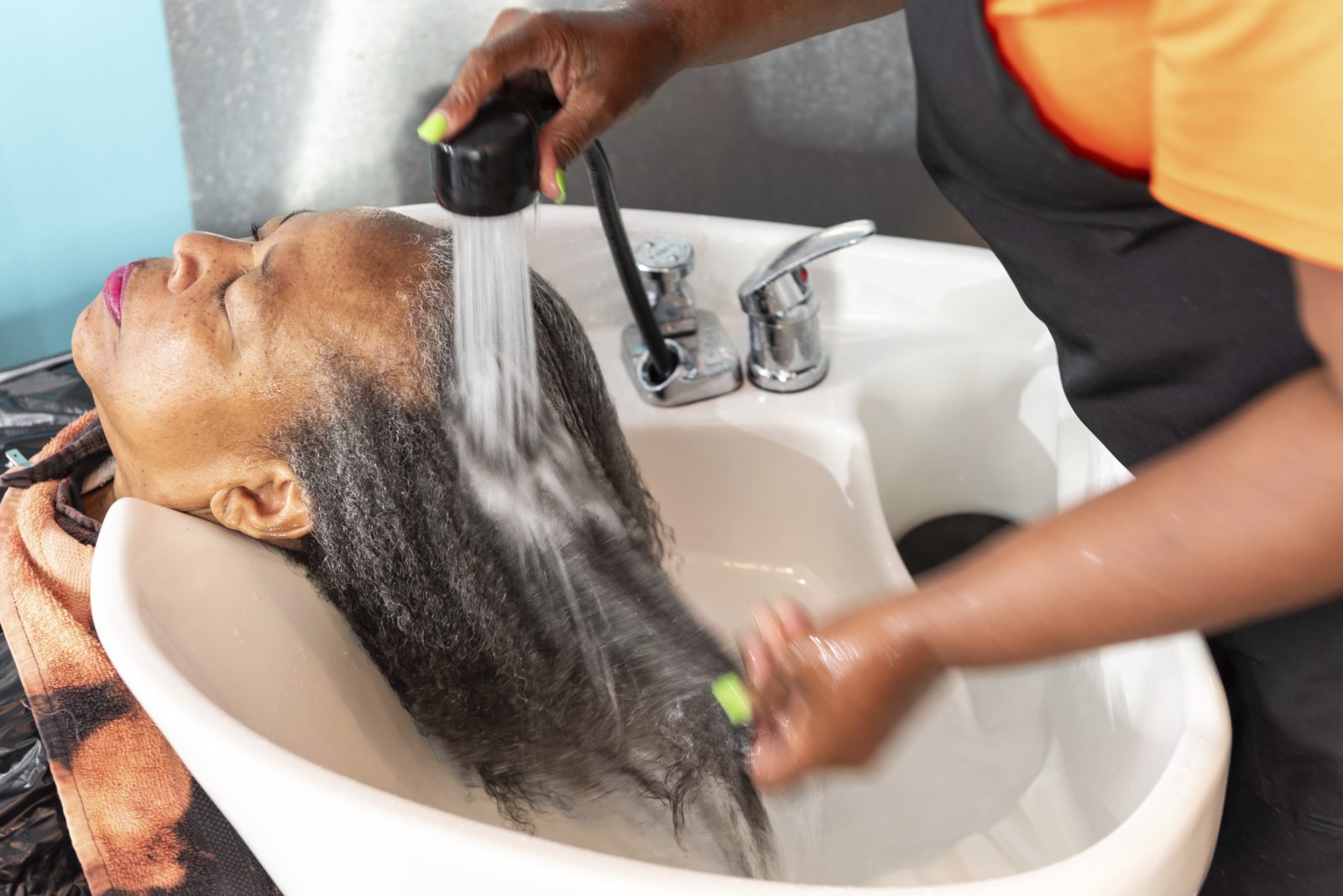

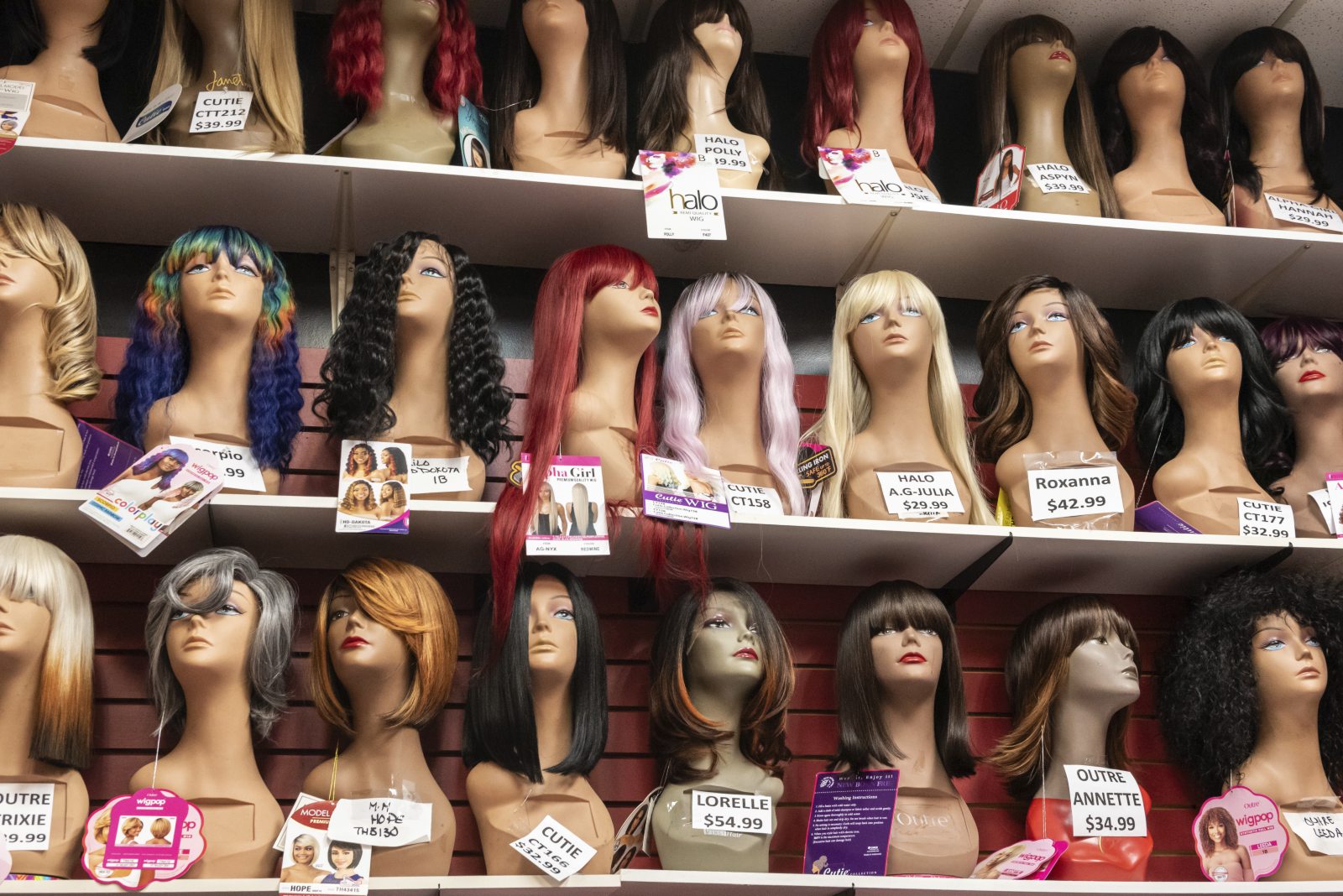

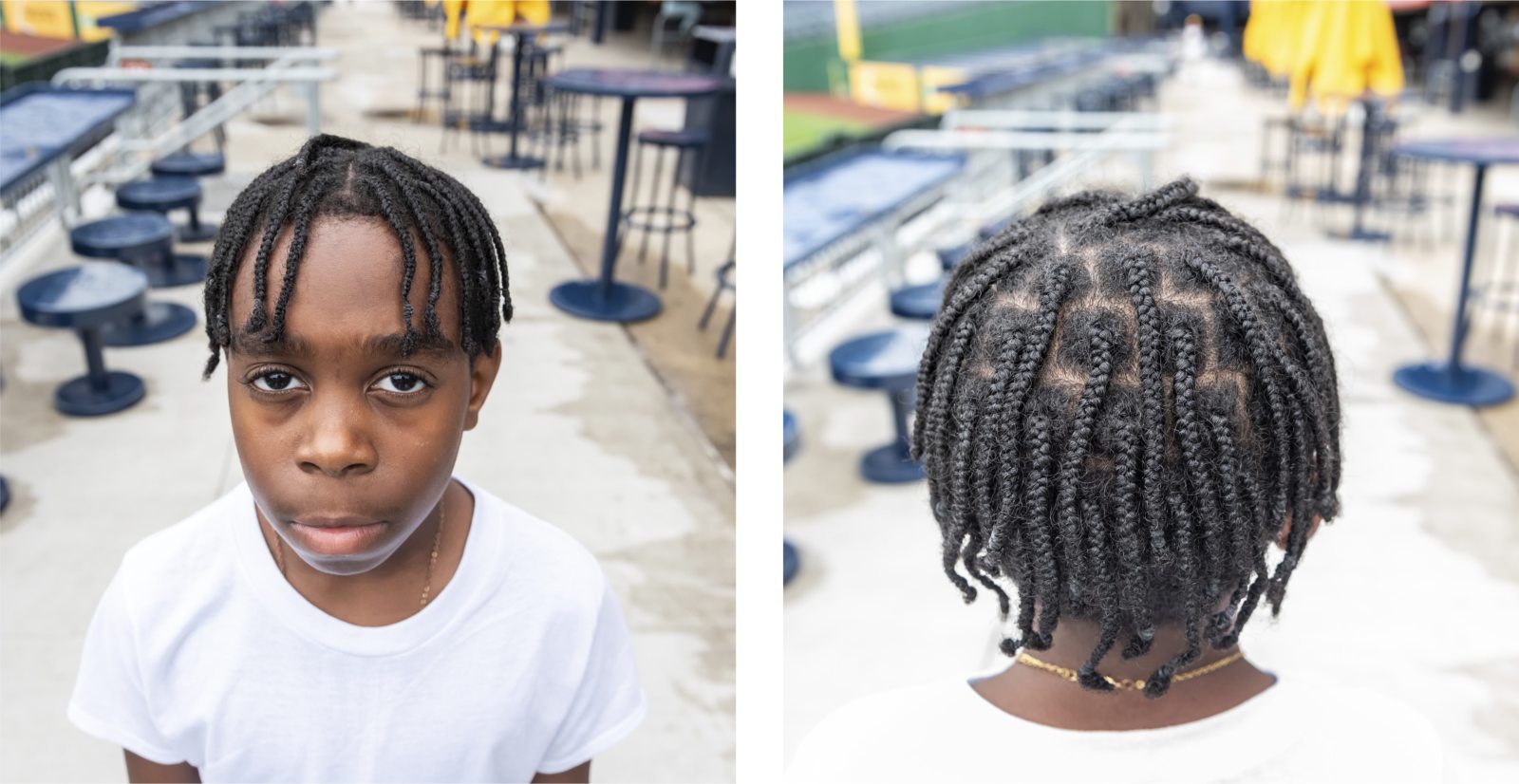
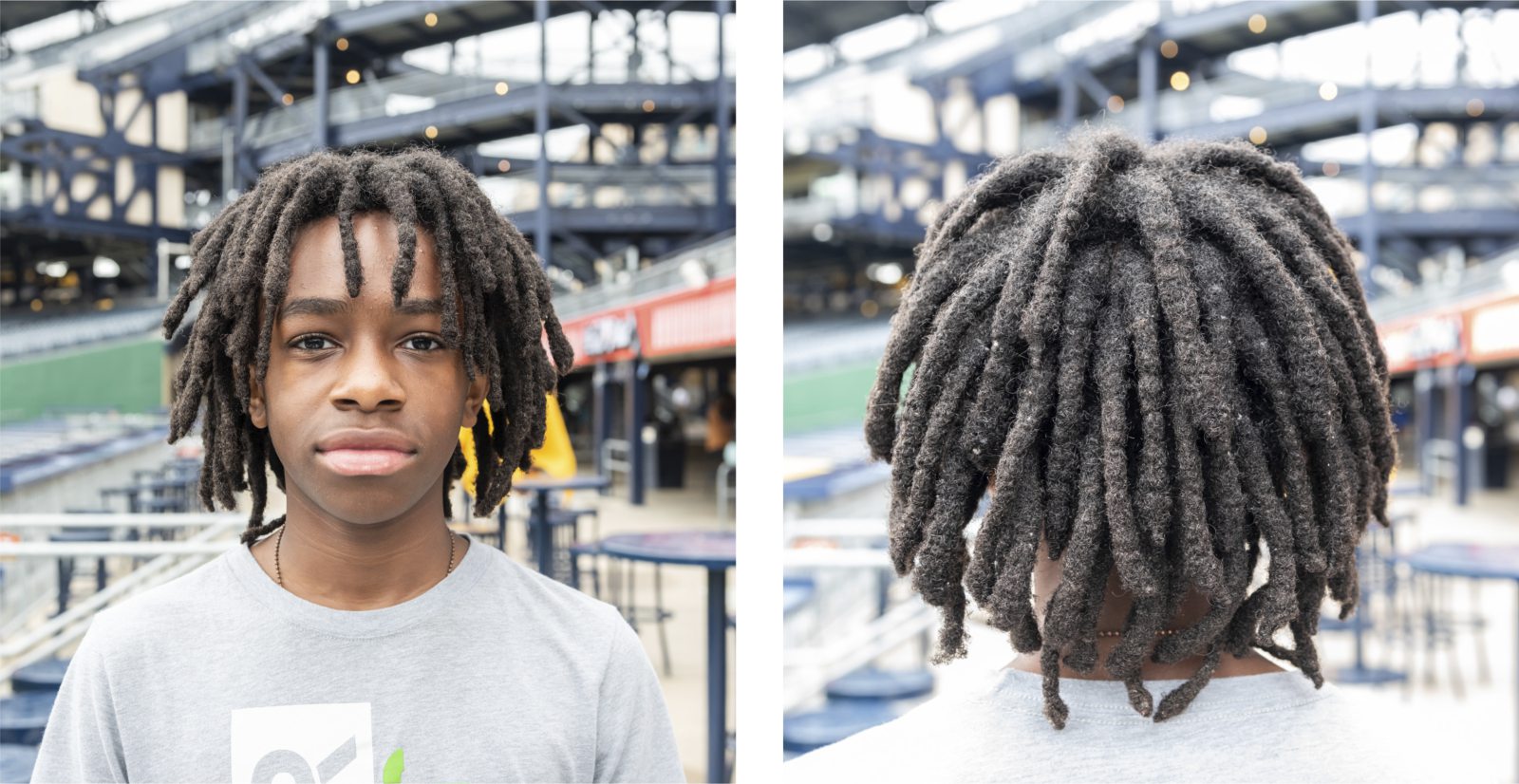
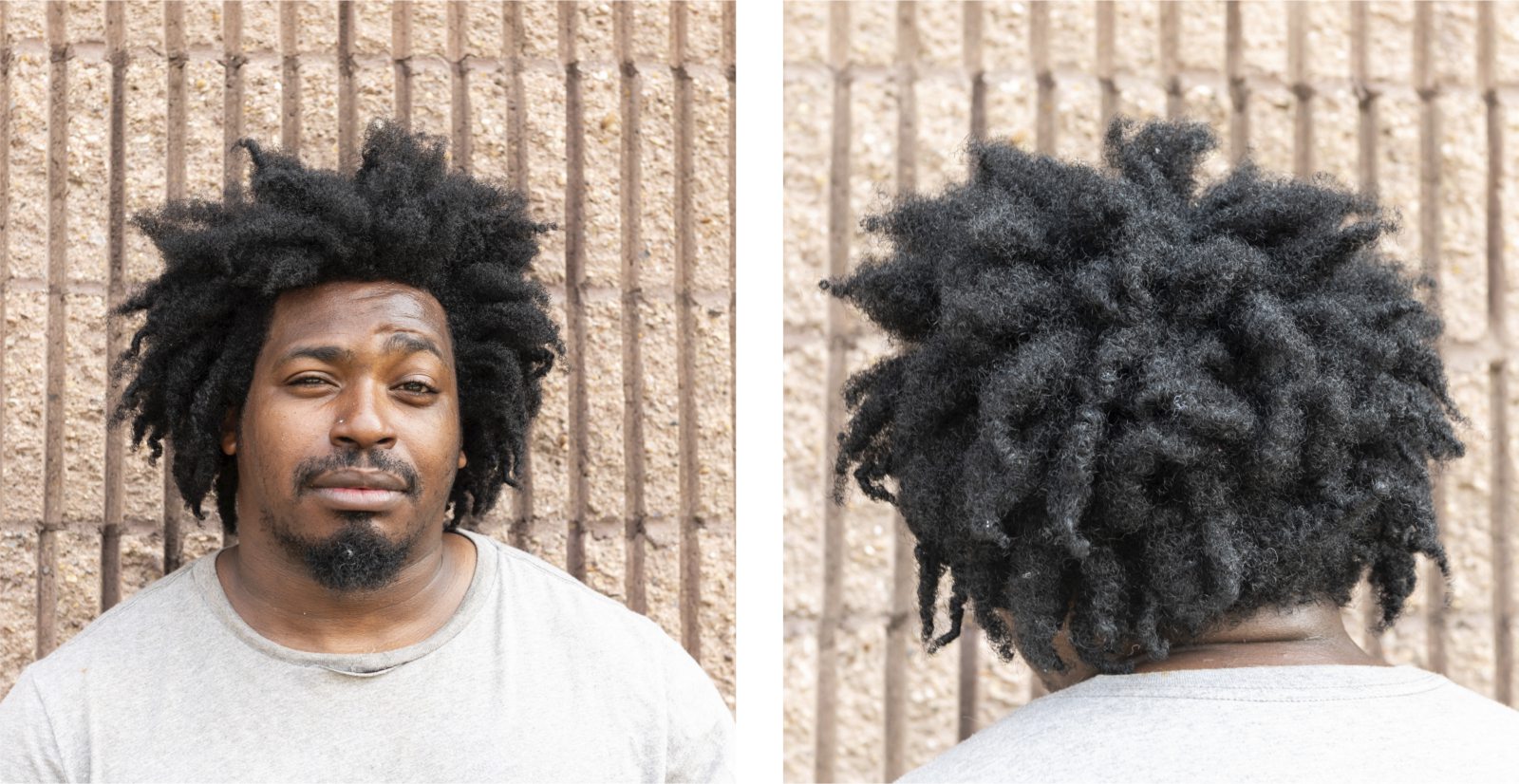
Asha Blake and Haley Moreland were Tribune-Review summer interns. Asha can be reached at ablake135@gmail.com.